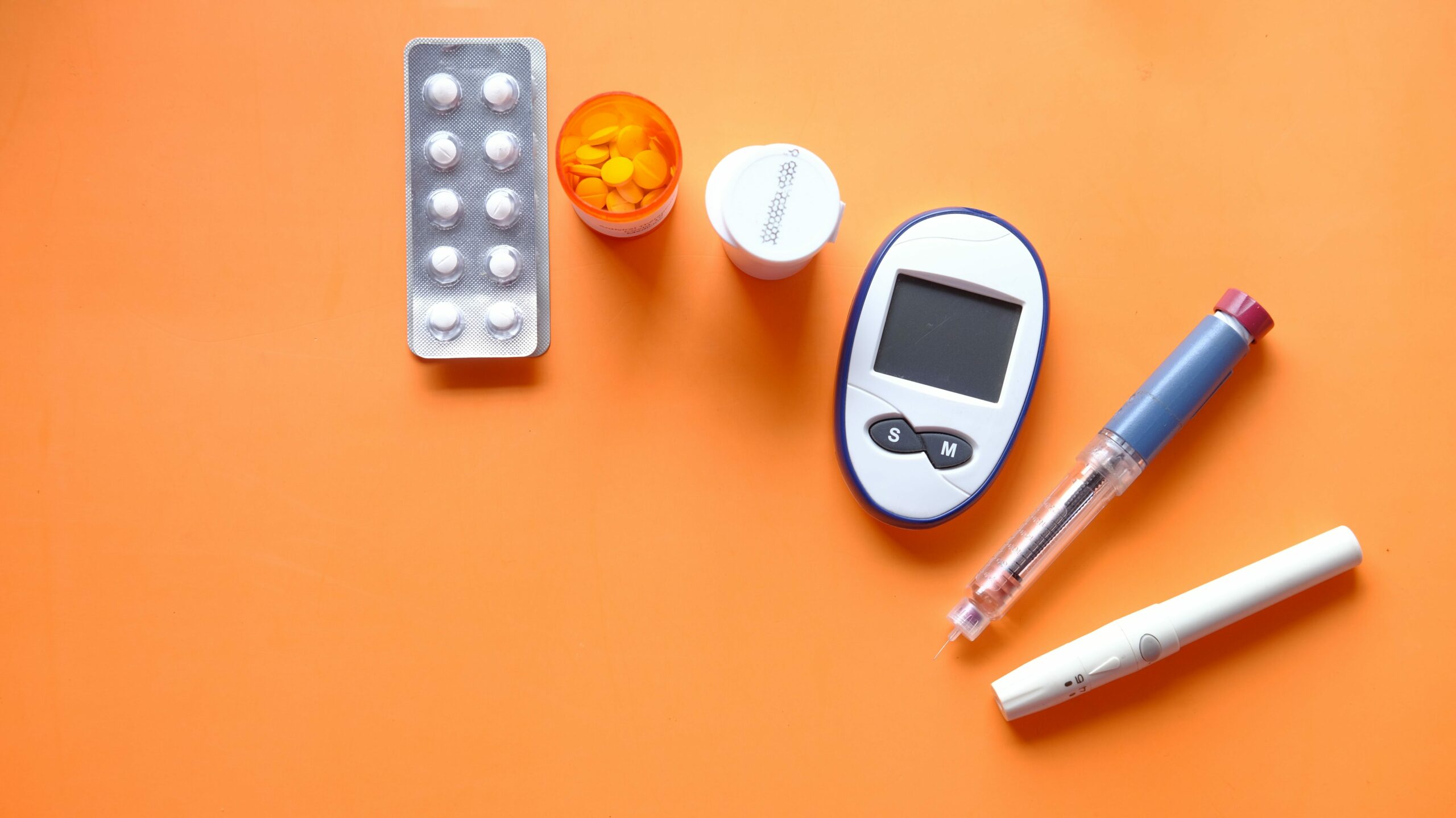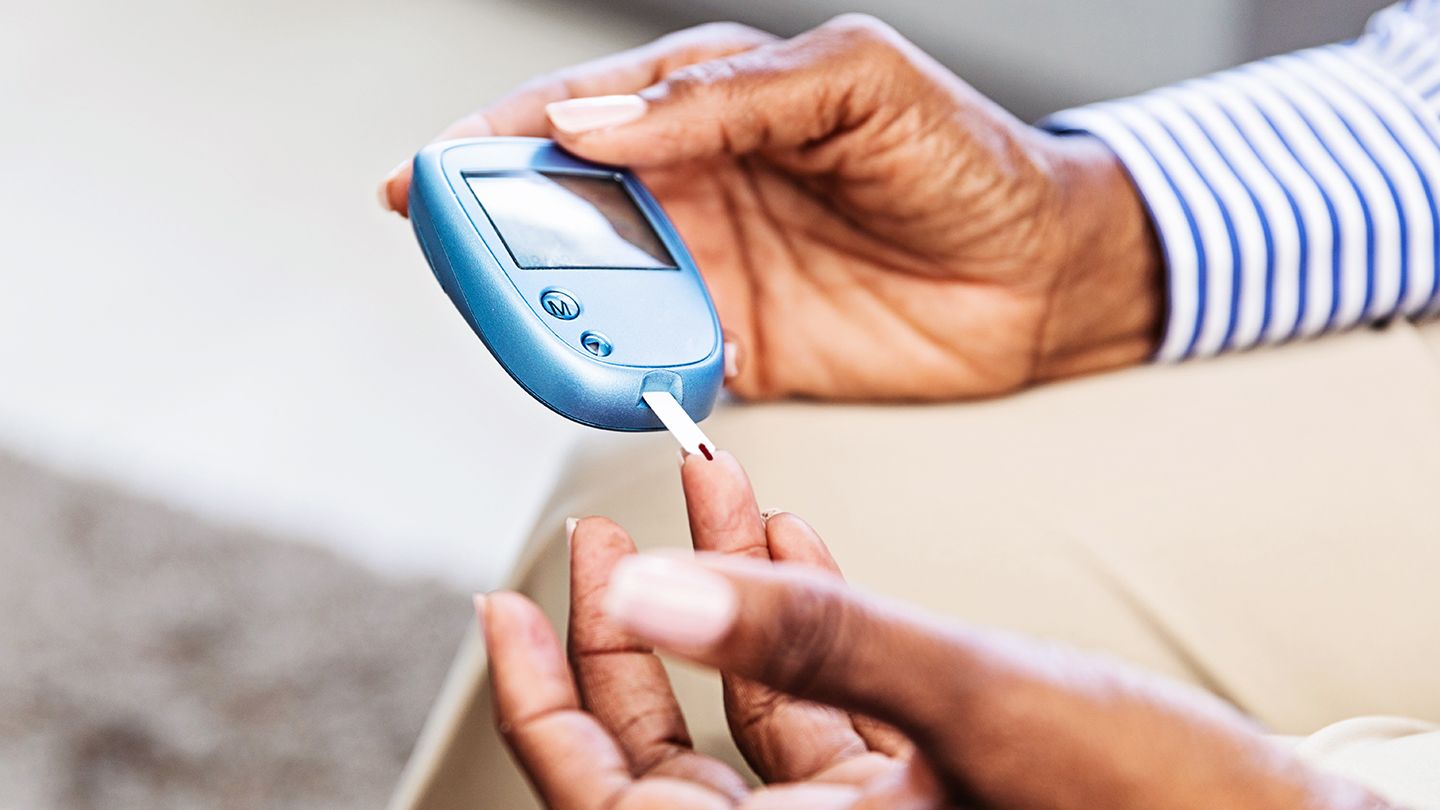Although dietary choices are often associated with blood sugar spikes, various factors can affect how our bodies regulate blood sugar. Dehydration, heat and sun exposure, and skipping meals for example.
Moreover, stress caused by life circumstances, illness, and lack of sleep also plays a crucial role in blood sugar regulation. When stressed, the body undergoes a “stress response” that triggers the release of hormones, such as cortisol, which significantly affects inflammation, the immune system, and metabolism. High-stress levels can elevate cortisol and glucose levels, inhibit insulin release, change insulin sensitivity, and increase insulin resistance. Moreover, stress can also lead to unhealthy eating habits, meal skipping, and poor sleep quality, contributing to unregulated blood sugar issues.
Risk factors
Factors that can increase the chances of developing blood sugar issues due to stress include:
- History of depression
- Chronic work-related stress
- Early-life adversity
- Tendency to respond to stress with unhealthy eating habits, reduced physical activity, and failure to take diabetes medication.
Diagnosing the Connection between Stress and Blood Sugar

The connection between stress and blood sugar requires a separate diagnosis. If you are experiencing symptoms of unregulated blood sugar and suspect that stress may be a contributing factor, you should see a healthcare professional.
Your healthcare professional may evaluate your symptoms, and medical history, and conduct various tests to diagnose your condition. Some of the tests that may be conducted include:
- Blood glucose monitoring: This test measures your blood glucose levels and helps determine if you have diabetes or pre-diabetes.
- HbA1c test: This blood test measures the average blood glucose levels over the past two to three months.
- Stress level assessment: Your healthcare professional may also evaluate your stress levels using various methods, such as questionnaires or cortisol level testing.
It’s essential to get a proper diagnosis to develop an effective treatment plan that addresses both your stress and blood sugar levels.
Treatments
Fortunately, both stress and blood sugar issues can be treated. Treatment for stress usually involves psychotherapy and stress management techniques, while diabetes is treated with medication and lifestyle changes.
Diabetes Treatment – After being diagnosed with diabetes, insulin medication will be prescribed to regulate blood sugar levels, and monitoring of blood glucose levels at home is required. In addition, it is necessary to follow a diet low in sugar and carbohydrates but rich in protein, healthy fats, fiber, fruits, and vegetables. If you are overweight, losing weight is recommended. Monitoring of cholesterol and blood pressure is necessary, along with blood sugar levels. Quitting smoking is also advised.
Stress Treatment – Various therapeutic treatments are available to manage stress, including cognitive behavioral therapy (CBT), interpersonal therapy, dialectical behavioral therapy (DBT), psychodynamic therapy, and eye movement desensitization and reprocessing (EMDR). These therapies can help individuals manage their emotions and develop healthy coping mechanisms to deal with stress.
Managing Stress and Blood Sugar
Stress can be overwhelming, especially when it affects your blood sugar. But the good news is that both can be managed through simple lifestyle changes and seeking support when necessary. Here are some lifestyle changes that can help lower both stress and blood sugar levels:
- Get enough sleep every night
- Stay hydrated
- Eat regular, whole-food meals instead of processed foods
- Take time to relax your mind each day
- Practice mindfulness and meditation
- Avoid smoking and excessive alcohol consumption
- Exercise daily
- Take mental health days when possible
- Learn to say no to obligations when feeling overwhelmed



